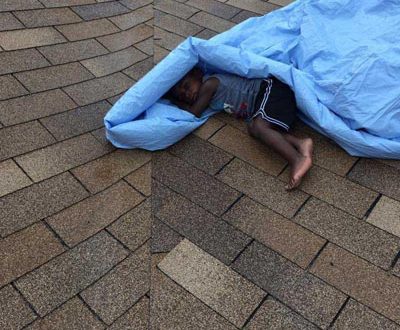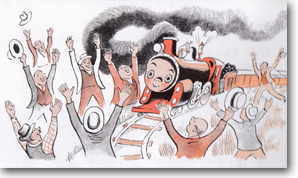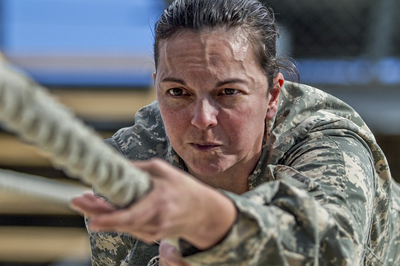Where At Least I Know I’m Free
As I write this post, a woman walks past my suburban American window in a tank top and shorts walking her dog. Meanwhile the Taliban publicly execute women in Afghanistan for not covering their heads.
After almost twenty years, US troops have left Afghanistan. Under Taliban rule, women and girls can now probably kiss goodbye any hint of basic human rights—like education, freedom of expression, and freedom of religion. It’s not just a women’s problem, though. Some Taliban officials even ban TV watching and smart phones; some control not only personal attire, but even beard length. What in the ACLU is happening? And with such rigid control, Afghans fear retaliation for reporting human rights crimes and injustices. Who would validate their reports anyway?
In 2018 Saudi Arabia granted women permission to drive—shocking to a woman in a nation where every other vehicle has a soccer mom making her daily Starbucks run in a Lexus SUV. I read of a female Saudi dentist imprisoned for treating male patients. In several nations, a male relative must give permission for a woman to marry, leave the country, or even leave an abuse shelter.
Danger is no stranger to many nations in Africa and the Middle East. Women in the Democratic Republic of the Congo cannot walk to the food market without the threat of rape. In some countries, society forces unmarried women to marry the men who rape them to avoid “dishonoring” their families. In South America, drug lords lord over. And undocumented immigrant families rush to US borders, often times dying in the process of escaping unlivable conditions in Central America. Americans complain about the state of our own nation. But I doubt thousands of people would risk death on the off chance of entering a country just as bad as their own.
We Americans lack a worldly perspective about what true oppression and injustice feel like. South Sudan and Chad lack access to electricity. Eritrea and Uganda lack basic water services. Children in Somalia and Myanmar are forced to work and earn money for their poor families. In America we fight, protest, and post on social media our rights to not wear masks, while citizens of many nations fear death for speaking their minds. In America, I can share my religious beliefs without fearing death. In India I can’t. Last month, a group of radical nationalists in an Indian village doused acid all over a sixteen-year-old boy’s body for attending Christian prayer meetings. He now fights for his life at a burn hospital. This isn’t some hyperbolic story sensationalized by the media. I’m paying for this boy’s medical treatment.
Foreigners have witnessed a nature of punishments cruel and unusual to Americans. All the talk about oppression, corruption, inequality, and injustice in America make many foreigners question our sanity when their own countries lack laws to protect basic civil rights—especially for women and children. And even if they have the pertinent laws, they’re hardly enforced. Ask an immigrant to the US what they think of our justice system. They likely envy us for having one. In many countries we would face public execution for whining, complaint filing, and raging over our self-centered entitlements.
Anti-American sentiment and anger has grown in our nation. Some Americans have even reveled in the defacing and taking down of statues of those who once defended slavery. It’s now fashionable for Americans to hate America. President Trump’s MAGA slogan can still make a crowd moan. Some public figures claim that America was never great. I’ve been guilty of this myself, but for me you’ll have to rewind twenty years. Because after 9/11, every brown person was assumed to have terrorist connections. (Disclaimer: Most brown people in America are just hard-working nerds trying to make a decent living and educate their children.)
As a brown American female, I understand the minority struggle. Since the ripe age of four years, I have had to prove my way and worth in ways most of my American neighbors and colleagues haven’t. So you’ll have to excuse my eye-rolling and lack of enthusiasm over half-red-half-blue face-painting on the Fourth of July. 9/11 was tough on brown folks.
My nephew moved to America 3 weeks ago for graduate school, and his perception of this place has re-opened my eyes. He loves it here. He gets to meet people from various cultural backgrounds, feels he has better opportunities here compared to India, and is impressed by the education system. Those who mistrust American law enforcement and American health care haven’t a clue of how deep corruption runs across the globe. India is not the only nation where police are easily bribed, and get paid off to protect human traffickers. And even corrupt Indian doctors trick COVID patients into long expensive hospital stays by scaring them into believing they are much sicker than they are. This in a nation where COVID patients had to receive treatment outside due to a shortage of hospital beds. All reminders of why my father felt compelled to settle here, and have his children born and raised in the U.S.A. In his words, “An honest man can’t make it in India.”
So twenty years post 9/11, I’m making a U-turn at the corner of Perception and Attitude Streets. If America is so terrible, why would Afghans cling to a moving US military plane after takeoff from Kabul? Why would mothers pass their babies over airport walls to US soldiers at Kabul Airport if they didn’t think there was even a minute chance their babies could have a shot at a decent life?
Sure, America has its problems. And minorities and women have absorbed most of the impact. I don’t want to minimize people’s struggles. But those same people (especially women) would have far greater struggles living in most other nations.
The events taking place in Afghanistan have stood as needed reminders for me just how lucky I am to be an American citizen. Am I a proud American? Yes. Patriotic nationalist zealot? No. It’s my father who will pledge allegiance to the American flag with tears in his eyes—not me. Because he, having grown up in another country, understands American freedom in ways I never will.




